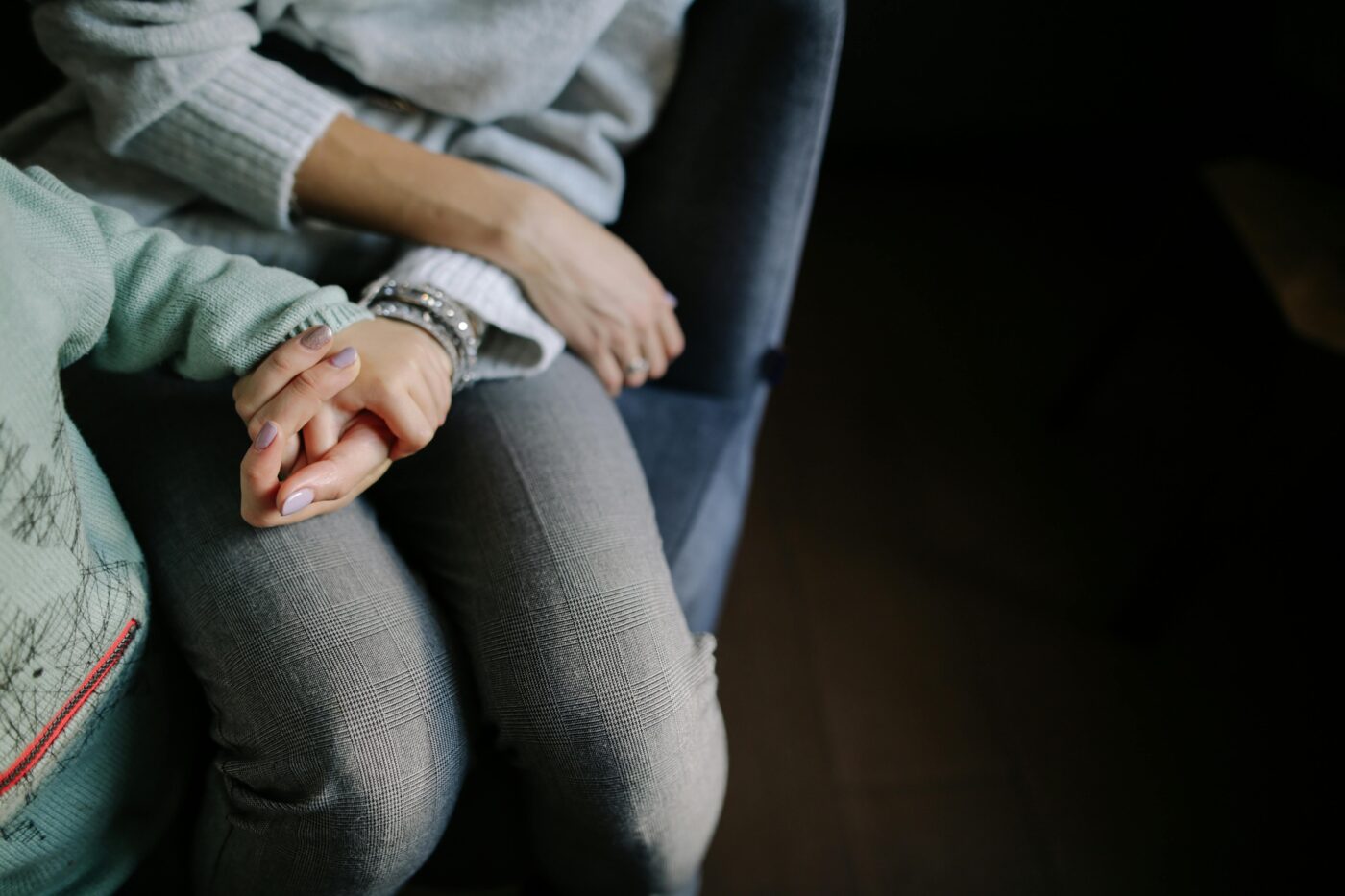Fearfully and Wonderfully Made
God created our bodies with an incredible network of neurons and cells that process the information around us. When we encounter external stressors that seem to be too much for our immediate processing capabilities, our emotions alert us to this with sensations that we have come to know as fear and anxiety. As adults, we are familiar with these sensations. We have a difficult conversation at work, and our pulse quickens, and perhaps our palms begin to sweat, and our mind goes a bit fuzzy. It usually takes some time away from that stimulus for our bodies to return to a baseline, a state where we are neither too calm nor too agitated.
Our children experience the same sequence of events when they encounter stressors. Their incredible network of neural pathways senses rightly that something is “off” and that whatever it is may leave them vulnerable. This can produce fear and anxiety in them just as it does in us. What is different for our children is that the region of the brain that helps to regulate response and decision-making has not fully developed yet. Instead of taking a moment to calmly walk away from a stressful situation and regulate themselves before continued interaction, our children may react to the effect of the stressor in ways that we see as problematic, which tends to cause more distance between them and us when what they actually need is connection and the reassurance of safety.
Awareness
So what do we do about this? How can we bridge this gap? First, as caregivers who love our little ones, we can learn to recognize the signs that our child may be fearful or experiencing anxiety. There are some physical symptoms that we can be aware of, such as stomach aches, headaches, lack of appetite, or changes in sleep. Sometimes children may even regress to a previous stage of development, such as wetting the bed after being potty trained for some time, or waking up multiple times at night when they have long ago learned to sleep through the night.
There are also some emotional signs that we can be aware of, such as outbursts, tantrums, anger, and protesting food. Often, when children display behaviors that we, as parents, find overwhelming or inappropriate, they are giving us important information about themselves. The child’s world has become too much for them. They are encountering variables that feel far out of their control. So how do we love them well in these moments or seasons?
Connection with Each Other
Science has found that one of the amazing ways that God shaped our minds and bodies is to respond emotionally to the minds and bodies of those around us. This can work in both directions. Our children can pick up on our discomfort or stress and come to the conclusion that we, too, are afraid of our lack of control, and this continues the cycle of reactivity. However, our children can also sense our steadiness, our calm, and our peace.
So, is the solution to constantly be in a state of peace? This would be nice, but it is not reality. Our most powerful tool in times when both ourselves and our children are dealing with the realities of chaos and the anxiety it produces is one that God designed us for: connection. We do not need to be perfect but present. We can be honest with ourselves and our children about how we are struggling and then model for them how to get our bodies and minds back to their baseline.
Connection with God
The primary function of anxiety is for our body to tell us that something is off, that there are things that are out of our control that we need to pay attention to. This is very helpful when our body alerts us to the car that is coming quickly down the street, and we move our body just in time. It is less helpful when we worry about what the world will look like for our children twenty years from now. Anxiety alerts us to the theological truth that we are human, that we are frail, and that we are not in control. We can thank our anxiety for that, for pointing us back to the need to rest in our shepherd who leads us through the valley of the shadow of death to cool waters.
One of the richest things that we can give to our children is to show them how they can trust God with the things that are out of their control, and one of the best ways to do this is to model our need for Jesus every single day. As our anxiety points us towards God, we can teach our children to come along with us, to rest in the green grass even while the chaos prevails and the battles rage.
Disclaimer: CFC earns money for items purchased through our Amazon associate links.
